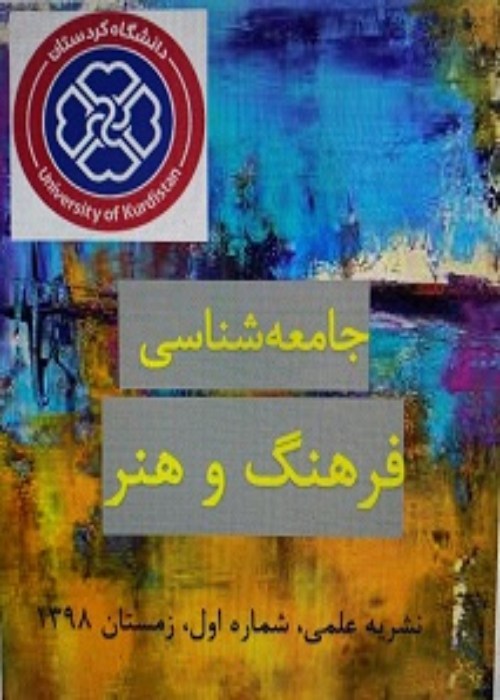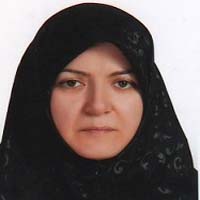Subjectivity: consciousness, history and culture
Author(s):
Article Type:
Research/Original Article (دارای رتبه معتبر)
Abstract:
The concept of subjectivity and its entry into the philosophical and sociological Topics is one of the changes that the Renaissance brought, and the basis of its awareness and actions became one of the issues that studied and discussed among theorists of philosophy and social sciences. So that the various approaches of subjectivity, such as freedom and will, consciousness, subjugation, self-construction, being, existence, ideology and social construction, are among the most controversial sociological and critical theories of the current era. This research is conducted using a documentary method and by referring to various books and articles, the opinions of scholars on the subjectivity are reviewed. In this way, it is tried to address the research question of "how the subject and the subjectivity are formed". This study shows that the approaches and theories related to subjectivity can be classified in three general patterns: Classical and existential pattern, being pattern and prescriptive pattern. Based on these three patterns, the subject's actions and consciousness are based on a spectrum between absolute ego to absolute subjugation and control. Classical and existential theories are on the absolute ego side of the spectrum. But with the emergence of Hegel, the approaches related to subjectivity distance from the absolute ego and the responsible subject. But the absolute self, unlike German idealism, which has a social dimension and limitations (transcendental knowledge in Kant's approach and intersubjectivity in Fichte's approach), has no limitations and even no essence. In response to the main question of the research, "finding an answer to the subjectivity", it can be said that the subject's actions and consciousness are placed on a spectrum between absolute ego and absolute subjugation and control. Classical and existential theories emphasize on the absolute ego, while the Hegel defines subjectivity different from the absolute ego and the responsible subject. In fact, Hegel's theory, as a theory of intersubjectivity, is considered as the starting point and it prepares the basis for the formation of being and prescriptive models of subjectivity in the 20th century.
Keywords:
Subjectivity , consciousness , Culture , Ethics , Ideology
Language:
Persian
Published:
Journal of Sociology of Culture and Art, Volume:5 Issue: 4, 2024
Pages:
1 to 16
magiran.com/p2689595
دانلود و مطالعه متن این مقاله با یکی از روشهای زیر امکان پذیر است:
اشتراک شخصی
با عضویت و پرداخت آنلاین حق اشتراک یکساله به مبلغ 1,390,000ريال میتوانید 70 عنوان مطلب دانلود کنید!
اشتراک سازمانی
به کتابخانه دانشگاه یا محل کار خود پیشنهاد کنید تا اشتراک سازمانی این پایگاه را برای دسترسی نامحدود همه کاربران به متن مطالب تهیه نمایند!
توجه!
- حق عضویت دریافتی صرف حمایت از نشریات عضو و نگهداری، تکمیل و توسعه مگیران میشود.
- پرداخت حق اشتراک و دانلود مقالات اجازه بازنشر آن در سایر رسانههای چاپی و دیجیتال را به کاربر نمیدهد.
In order to view content subscription is required
Personal subscription
Subscribe magiran.com for 70 € euros via PayPal and download 70 articles during a year.
Organization subscription
Please contact us to subscribe your university or library for unlimited access!



